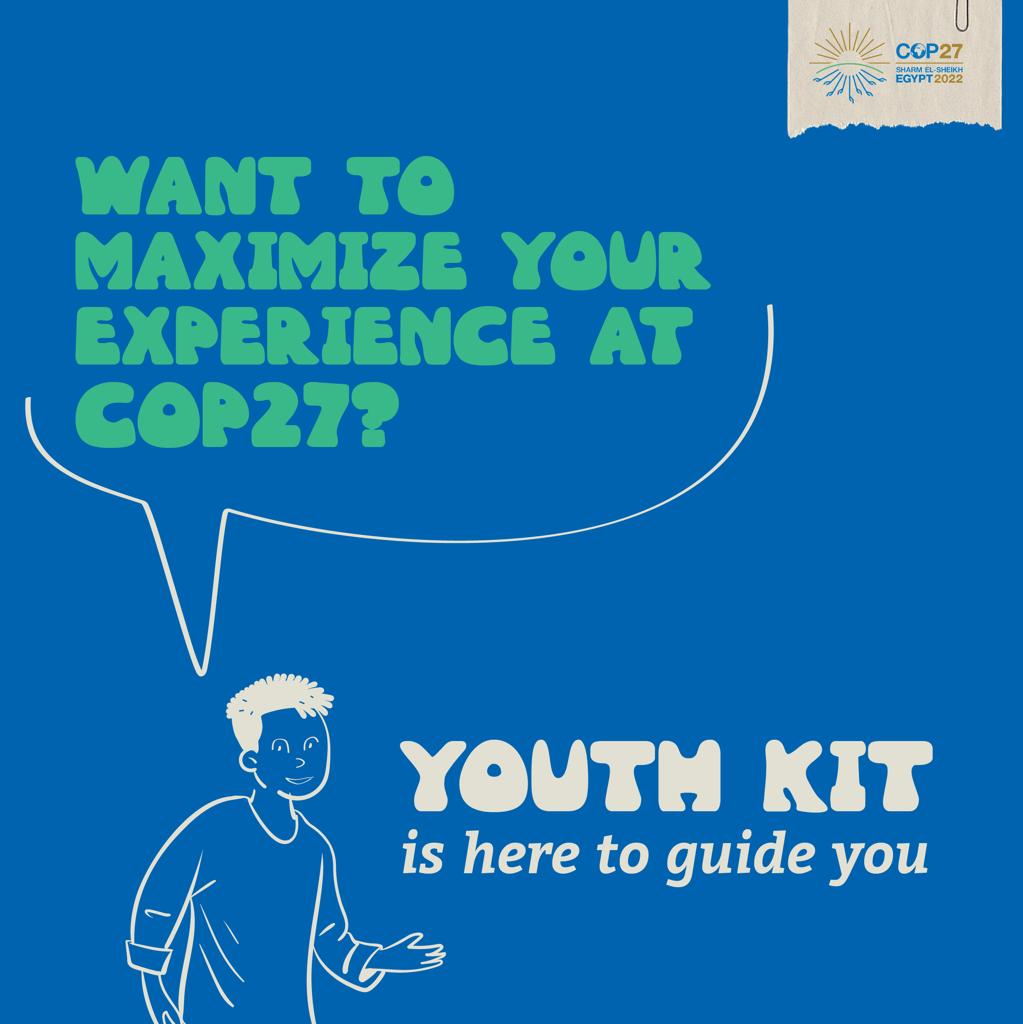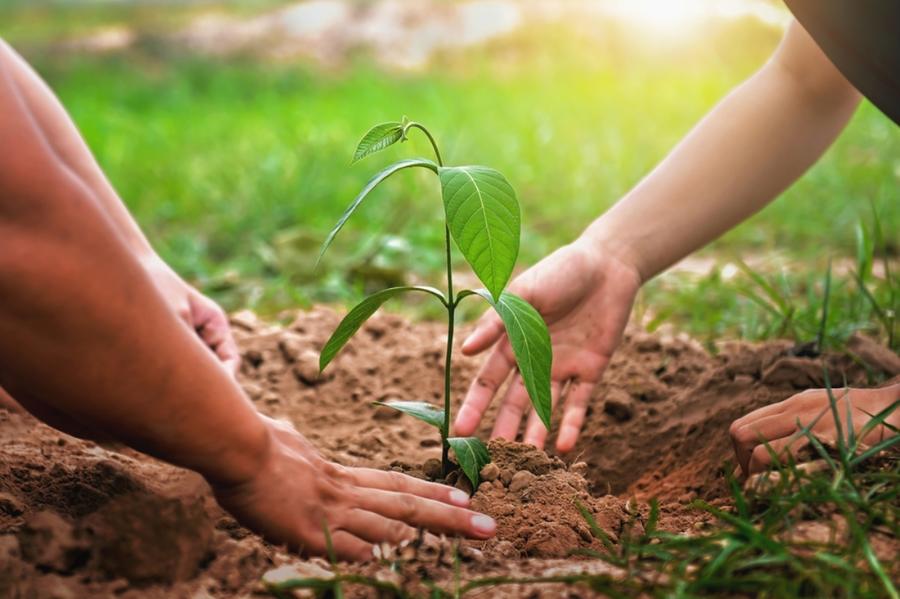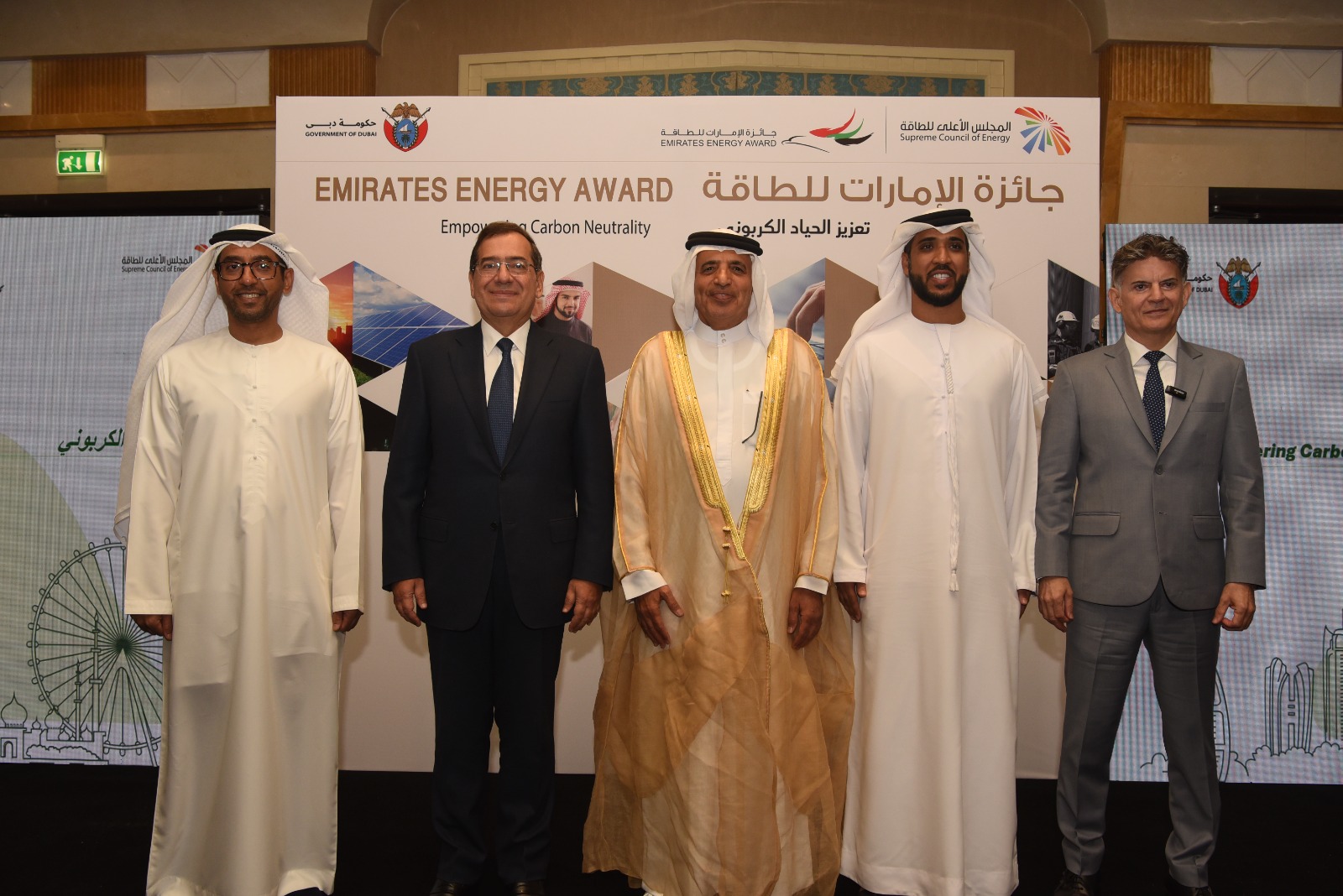Helmy Abouleish, the sponsor of organic agriculture in Egypt and the head of SEKEM Group, said that the project “Creating Carbon Bonds for Climate Change Adaptation in the Agricultural Sector” won the competition of the National Initiative for Smart Green Projects, coinciding with Egypt’s preparations to host the Conference of the Parties to the United Nations Convention on Climate Change (COP). 27 aims to achieve sustainable development and implementation of Egypt’s Vision 2030.
Abu Al-Aish added that the project is a real scientific and civilizational shift that will be witnessed in the agricultural sector as one of the most important fields in Egypt, which will benefit the environment and society at the same time, starting with the simple farmer who will achieve high financial returns as a result of investing in carbon certificates, and the citizen who will have food available. Natural and healthy, free of any toxins or harmful pesticides, and the investor contributing to the system, as well as reducing climate changes and returning to normal climate rates after reducing more than one million and 500 thousand tons of harmful carbon emissions annually.
The carbon bond development project is the result of a scientific research team under the supervision of Dr. Thoraya Saadeh, Director of the Carbon Footprint Laboratory at Heliopolis University for Sustainable Development.
Helmy Abouleish, Chairman of the Board of Trustees of Heliopolis University for Sustainable Development, and the project supervisor, said that the world today is living in a state of fear because of climate changes and their impact on life on Earth, and we have conducted many scientific researches over the years to find solutions to the challenge of climate change, including the Bonds project. In which the hero is the simple farmer who will contribute to reducing climate changes, in addition to an increase in income at the same time.
The idea is to keep the carbon emissions resulting from the plants inside the soil by returning to the use of organic farming and leaving pesticides and chemical fertilizers harmful to human health.
Abu Al-Aish added, “One acre of organic agriculture can retain from within the soil from one to three tons of carbon dioxide and other gases per year, and in addition to the trees around his farm, one of them proves 30 kilos of carbon, unlike its inorganic counterpart, which emits all these quantities.” in the atmosphere and thus affect the climate.
Black gold organic fertilizer for the farmer
The farmer collects all organic waste from agriculture and other materials with dung from private livestock, fermenting it in a specific way to make organic fertilizer. One of the harmful gases in the atmosphere and retained in the soil.
Pointing out that at the end of the year, carbon percentages per acre are measured and estimated, which range from one ton to 10 tons, and the farmer obtains a carbon certificate, which has a price in the market, where he can sell it for an amount of up to 500 pounds per ton, thus achieving a return of 5%. Thousands of pounds, in addition to a return from the organic crop that he marketed, which would have achieved a large return, which would improve their standard of living, and provide healthy food for the consumer.
And that there are three advantages to this carbon certification project, which is the contribution to reducing climate changes significantly, improving public health by providing healthy and safe food, achieving a return and improving the financial level of cultivation.
He added that the project was initially applied within our farms for a period of three years, then over the past two years we have dealt with more than 2,000 farmers from Sharkia and various governorates, who applied organic farming, which achieved high material returns for them from carbon certificates in addition to producing high-quality natural crops. It has been marketed, pointing out that our plan during the next two years is to reach the target number of farmers to 40,000 farmers, and to cooperate with the relevant executive authorities, to support farmers and educate the community about the carbon certification project.












